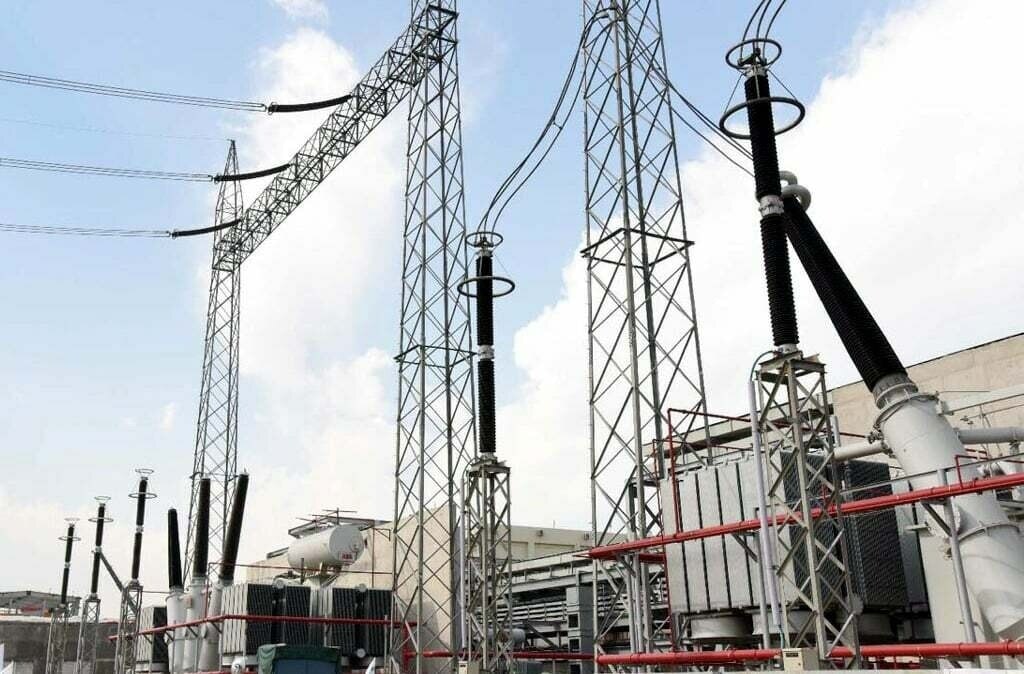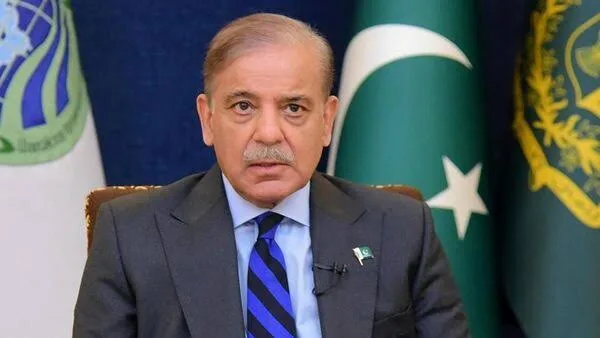PTBP Web Desk
The highly anticipated verdict in the £190 million case against Pakistan Tehreek-e-Insaf (PTI) Chairman and former Prime Minister Imran Khan, along with his spouse Bushra Bibi, is scheduled to be announced on January 13, 2025, according to a report by Aaj News.
The decision was reserved on December 18, 2024, by Accountability Court Judge Nasir Javed Rana. Initially, it was slated for December 23 but was postponed to January 6 for unspecified reasons. With the judge now on leave, the announcement has been rescheduled for mid-January.
The case, commonly referred to as the Al-Qadir University Trust or the £190 million reference, has been under scrutiny since March 2023 when the National Accountability Bureau (NAB) initiated an inquiry. The investigation formally commenced on April 28, 2023.
NAB alleges that Imran Khan and Bushra Bibi received financial benefits amounting to billions of rupees and land spanning hundreds of kanals from Malik Riaz, the founder of Bahria Town. This exchange allegedly occurred in return for facilitating a settlement of £190 million (approximately Rs 50 billion) with the United Kingdom’s National Crime Agency (NCA). The settlement amount, intended as a fine imposed by Pakistan’s Supreme Court on Malik Riaz, was reportedly adjusted instead.
The NAB prosecution claims that this adjustment not only caused significant financial losses to the national exchequer but also raised concerns about the misuse of authority and ethical misconduct by the accused.
The accountability trial has spanned over a year, with the indictment of Imran Khan and Bushra Bibi formalized on February 27, 2024. Throughout the trial, the National Accountability Bureau recorded statements from 35 witnesses, aiming to substantiate allegations of financial misconduct and illegal land acquisitions.
The defense, however, maintains that the charges are politically motivated and lack substantial evidence. Legal experts and political analysts are closely watching the case, as its outcome may significantly impact the political trajectory of PTI and its leader, Imran Khan.
The repeated postponements of the verdict have drawn criticism, with questions being raised about procedural delays and judicial transparency. Supporters of Imran Khan argue that such delays are part of a broader political strategy to weaken the PTI leadership, while critics demand a swift resolution to ensure accountability.
The court staff confirmed the delay, attributing it to the judge’s unavailability. However, the frequent rescheduling has added another layer of complexity to a case already rife with controversy.
The case also casts a spotlight on the Al-Qadir University Trust, a project championed by Imran Khan as a center for spiritual and academic development. Critics argue that the trust’s operations and funding mechanisms lack transparency, with allegations that it was used as a vehicle for financial misappropriation.
NAB’s investigation into the trust forms a critical component of the £190 million reference. It seeks to uncover whether the alleged land and financial gains were tied to any misrepresentation or abuse of public office.
The verdict in this case holds significant implications for Imran Khan’s political future and the credibility of anti-corruption mechanisms in Pakistan. For the PTI, an unfavorable verdict could result in diminished public support and legal challenges, while for the judiciary, the decision will be seen as a litmus test for its independence and impartiality.




